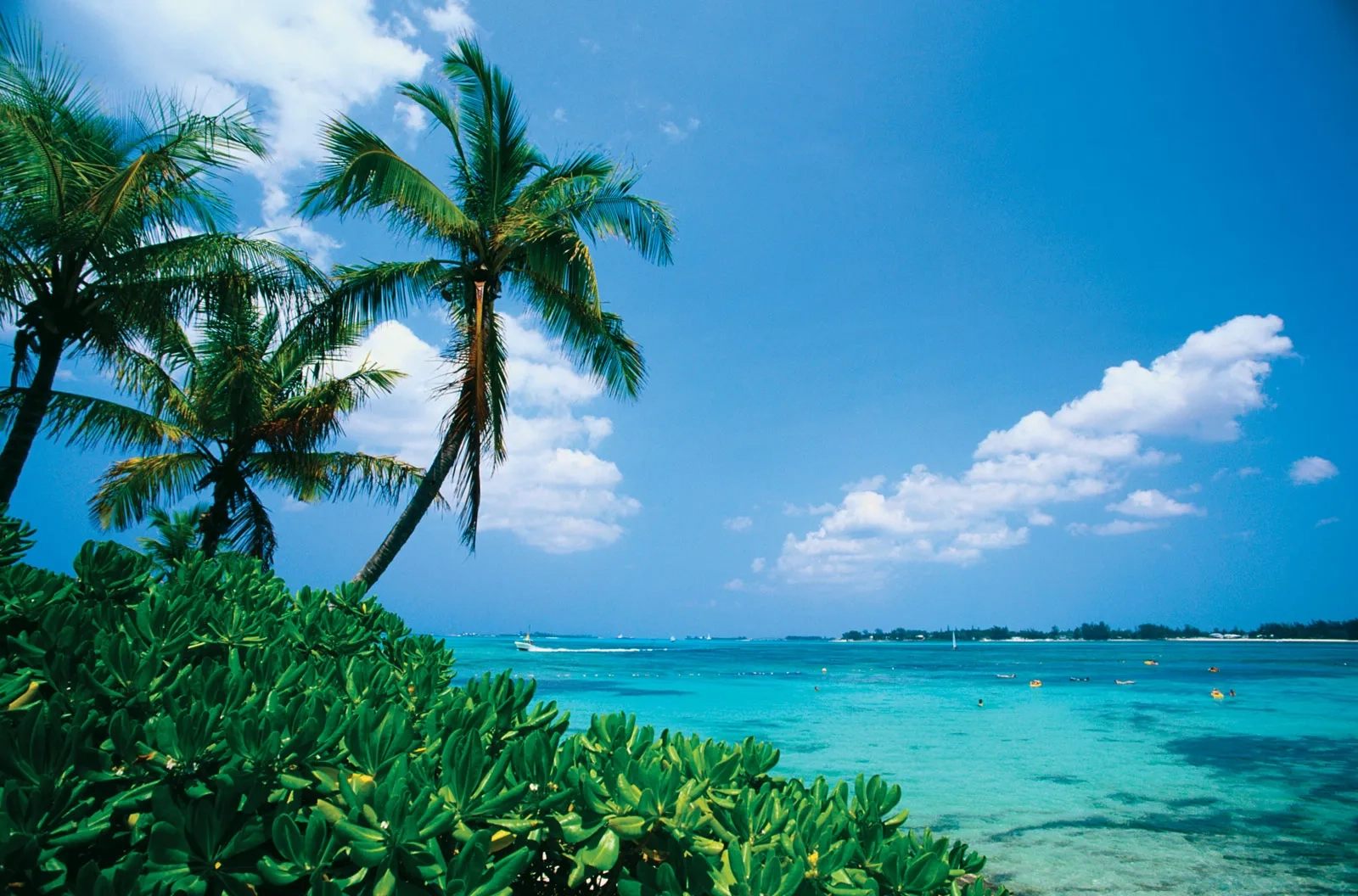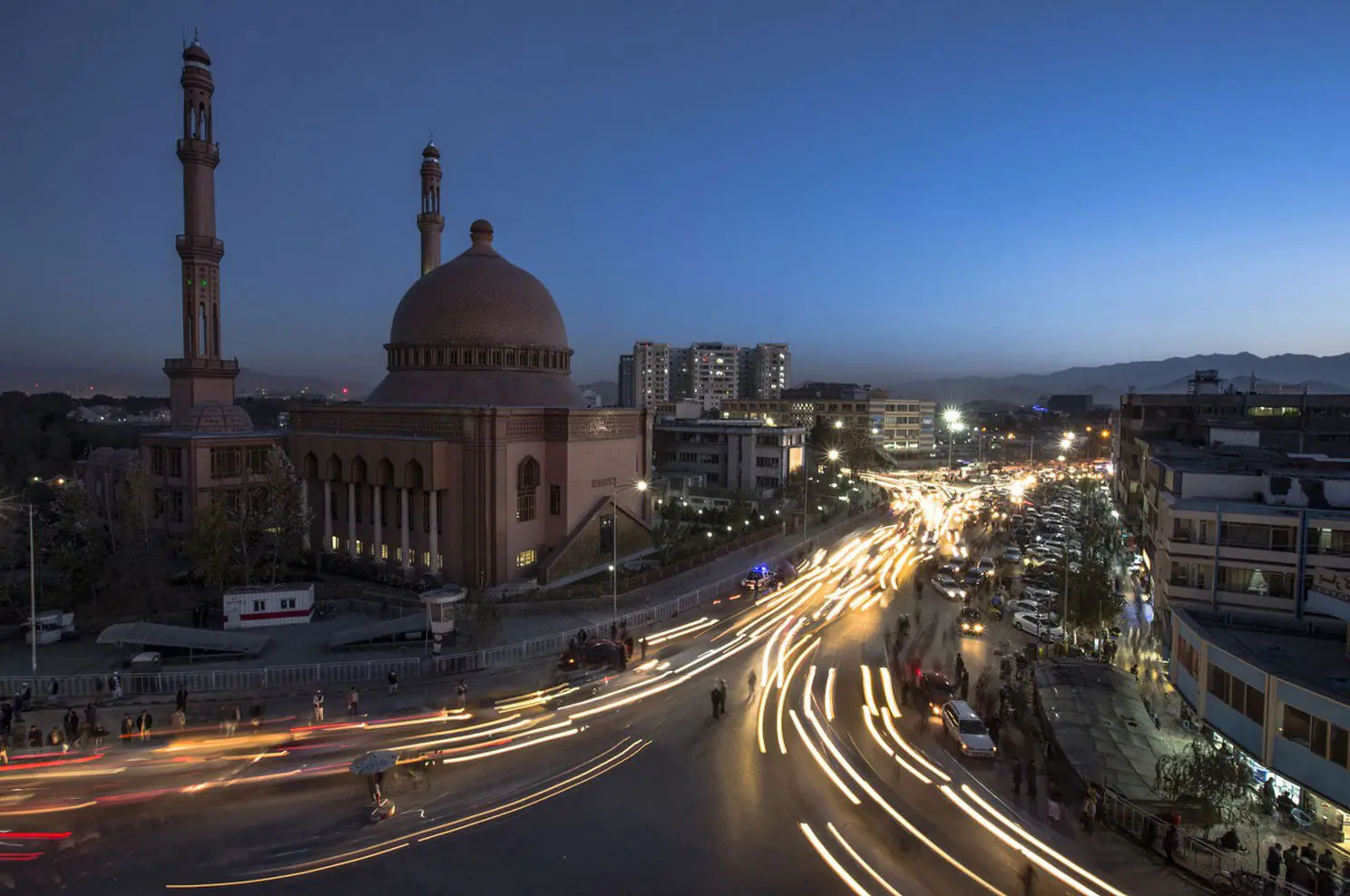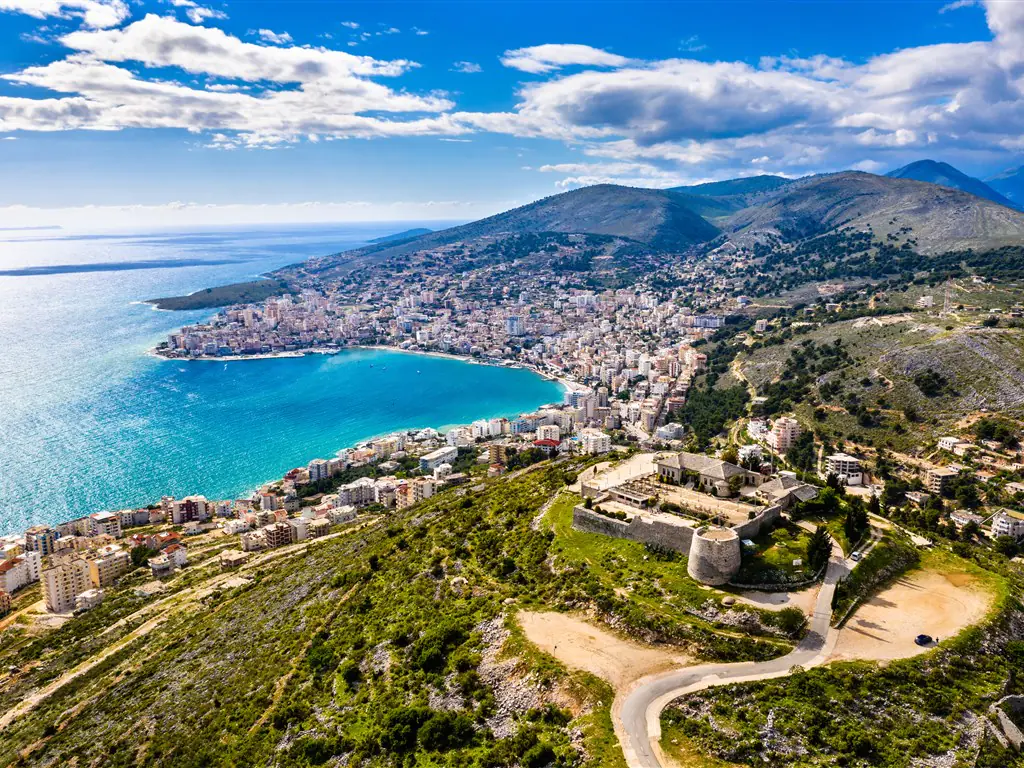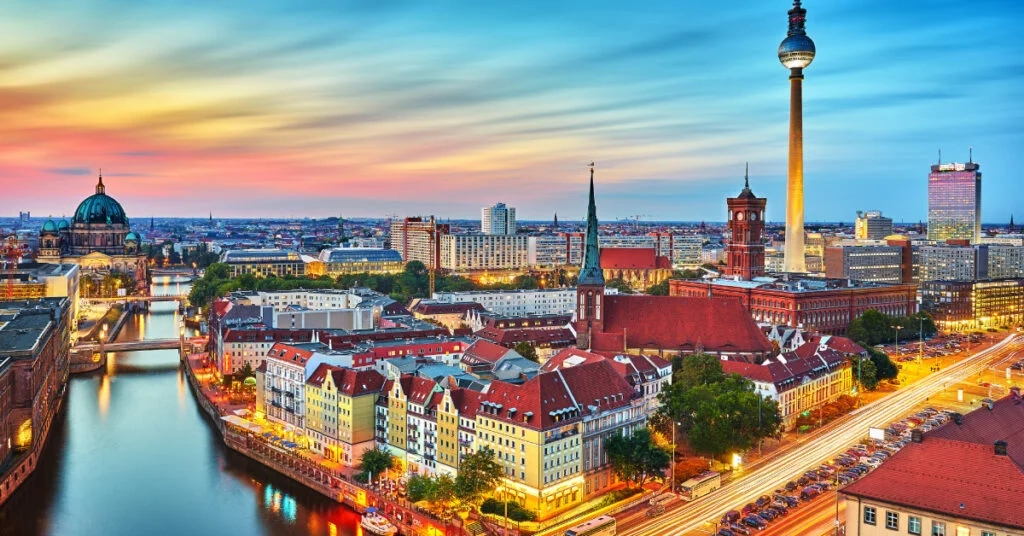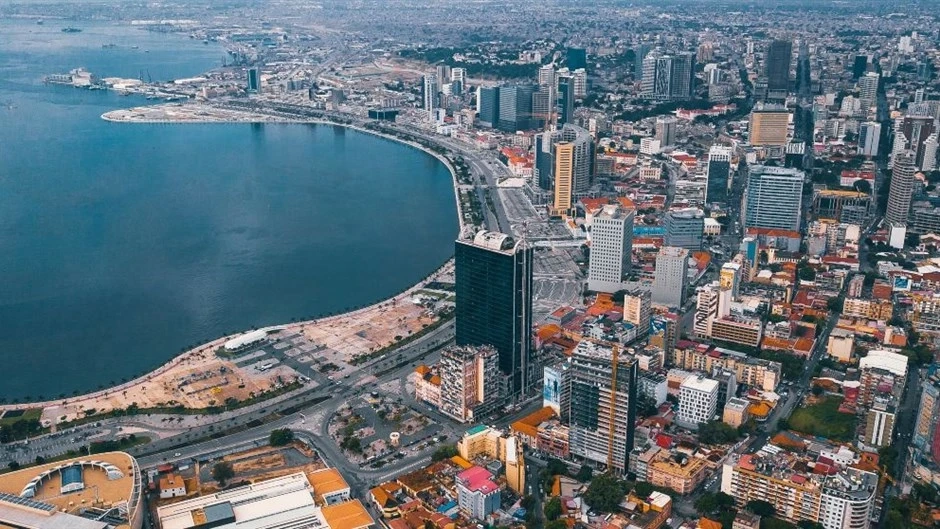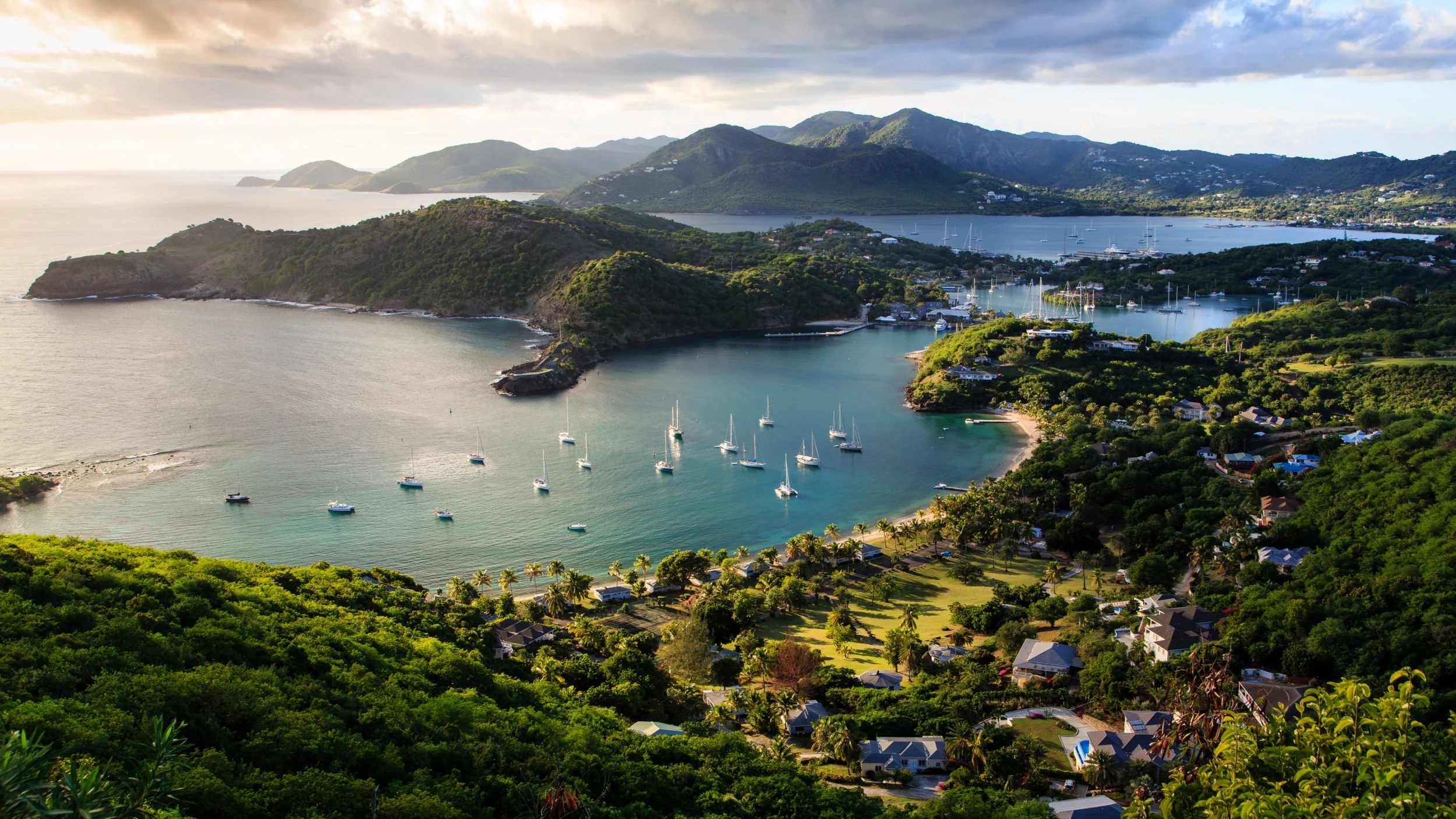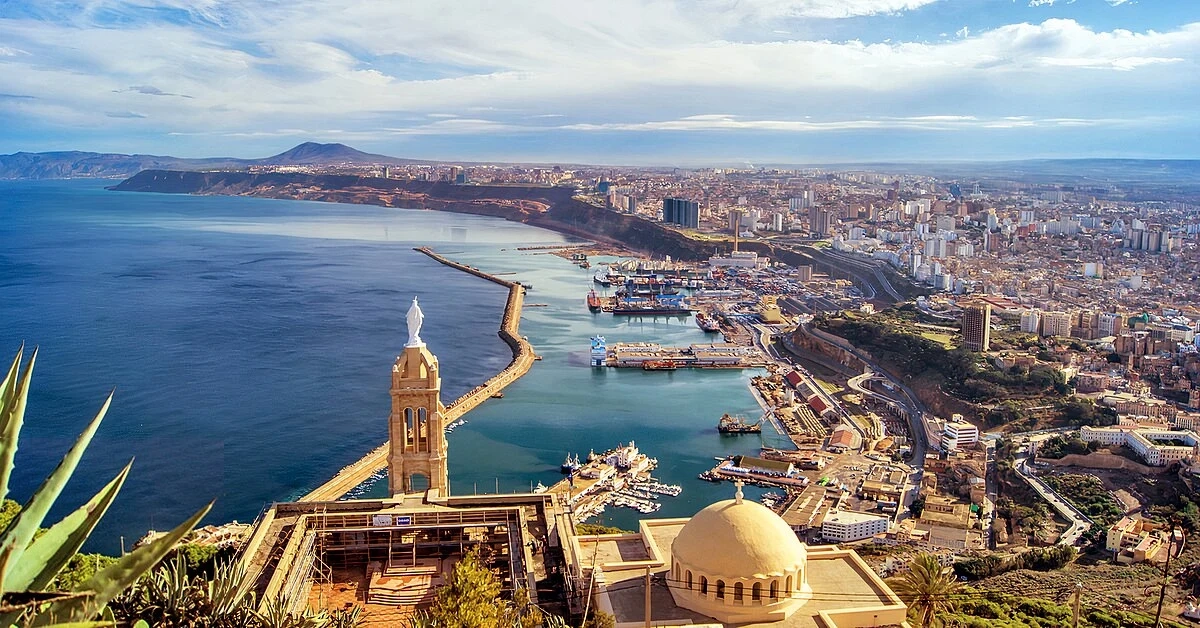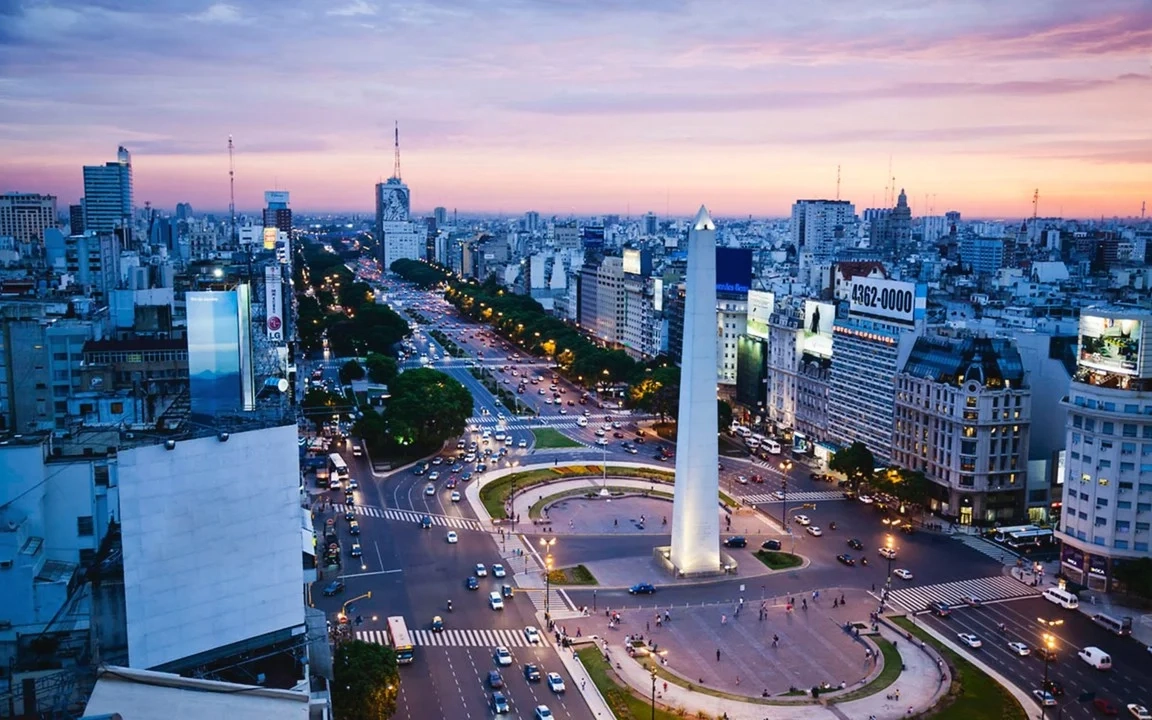1. Cost of Rent: Rent in the Bahamas can vary depending on the location and type of accommodation. In popular tourist areas or urban centers, rental prices tend to be higher. On average, monthly rent for a one-bedroom apartment may range from $800 to $1,500.
2. Healthcare: The Bahamas has a healthcare system that includes public and private facilities. Expatriates and immigrants may choose to use private healthcare services, which can be more expensive.
3. Transport: Public transportation options include buses and taxis, but in some areas, having a personal vehicle is more convenient.
4. Food: The cost of groceries and dining out can vary. Local markets may offer more affordable options for fresh produce, while imported goods can be pricier. Dining in restaurants can range from mid-priced to high-end, depending on the establishment.
The average cost of living in the Bahamas can vary based on individual lifestyles, location, and personal spending habits. However, as a rough estimate, expatriates and immigrants might expect an average cost of living of around $2,500 to $4,000 per month. This includes expenses such as accommodation, utilities, groceries, transportation, healthcare, and other miscellaneous costs.
Pros:
- Natural Beauty: The Bahamas is renowned for its stunning natural landscapes, beautiful beaches, and clear turquoise waters, offering a picturesque and serene environment.
- Climate: The tropical climate ensures warm temperatures throughout the year, attracting those who prefer a sunny and pleasant weather.
- Cultural Diversity: The Bahamas is a melting pot of cultures, creating a rich and diverse community with influences from Africa, Europe, and the Americas.
- Tourism Opportunities: With a thriving tourism industry, there are ample opportunities for employment and business ventures related to hospitality and tourism.
- Tax Benefits: The Bahamas is known for its favorable tax environment, with no income, capital gains, or inheritance taxes.
Cons:
- Cost of Living: The cost of living in the Bahamas, especially in popular tourist destinations, can be relatively high, impacting housing, groceries, and other daily expenses.
- Limited Job Opportunities: While the tourism sector provides employment, job opportunities in other industries may be limited, and competition for positions can be stiff.
- Hurricane Risk: The Bahamas is prone to hurricanes, especially during the hurricane season.
- Island Isolation: Living on an island can sometimes result in a feeling of isolation, and access to certain goods and services may be limited compared to larger mainland areas.
- Relatively Small Economy: The economy of the Bahamas is relatively small, and economic growth may be influenced by external factors such as global economic trends.
1. Nassau: As the capital city, Nassau is the largest urban center in the Bahamas. It offers a mix of modern amenities, historical sites, and vibrant culture.
2. Freeport: Situated on Grand Bahama Island, Freeport is the second-largest city in the Bahamas. It has a more relaxed atmosphere compared to Nassau and is known for its beautiful beaches, resorts, and proximity to natural attractions.
3. Paradise Island: Connected to Nassau by a bridge, Paradise Island is a well-known destination with luxury resorts, including the iconic Atlantis Paradise Island. While it's a tourist hotspot, it also offers high-end living options.
4. Abaco Islands: The Abaco Islands, including Marsh Harbour, are popular among expatriates and boating enthusiasts. The area is known for its charming communities, sailing opportunities, and laid-back lifestyle.
5. Eleuthera: This long, slender island is known for its pink sand beaches and is less populated than some of the more urban areas.
- Employment Opportunities:
If you are moving for work, secure a job before arriving in the Bahamas. Having a job offer can strengthen your visa application. Be aware of the local job market and industry regulations.
- Financial Stability:
Demonstrate financial stability to support yourself during your stay. This may include providing proof of income, savings, or a job offer.
- Accommodation:
Arrange accommodation in advance. Having a place to stay is often a requirement for visa applications. Explore different neighborhoods and find a location that suits your preferences and needs.
- Health Insurance:
Obtain health insurance coverage to ensure you have access to medical services in the Bahamas.
- Cultural Integration:
Familiarize yourself with Bahamian culture, customs, and etiquette. Understanding the local way of life will help you integrate into the community.
